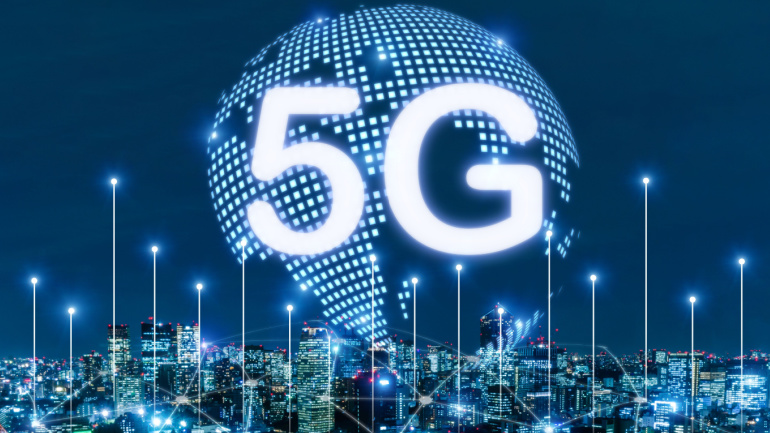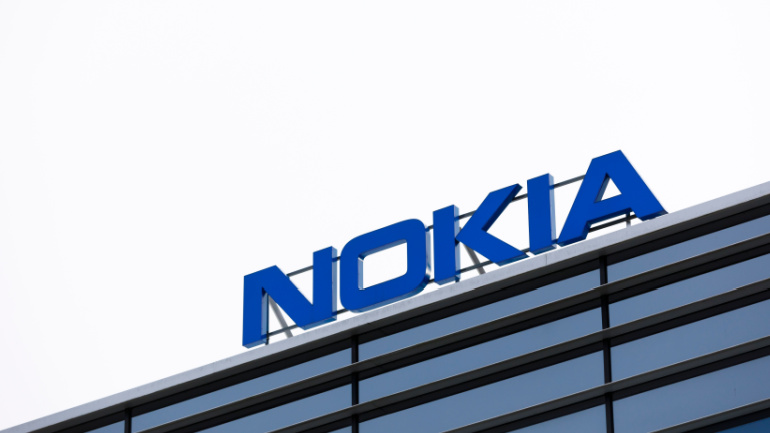In a comprehensive analysis conducted by MedUX, a connectivity testing firm, Berlin emerged as the front-runner in providing the best 5G experience across major European cities. The study, which encompassed extensive testing in cities such as Barcelona, Paris, Lisbon, Milan, Porto, Rome, Madrid, Munich, and London, highlighted Berlin’s superior performance in data and over-the-top (OTT) experiences, alongside its impressive overall score of 4.69 out of 5.
Stage X won South Korea’s fourth mobile operator spot with a $322 million bid for 5G spectrum. Yellow.ai and Infobip have partnered to enhance global customer support through AI-driven voice automation and conversational experiences.
Breezeline invests in a 525-mile fiber network to boost internet for 45,000 homes and businesses in New Hampshire. DARPA, in partnership with Nokia’s Bell Labs and others, aims to develop a sustainable Moon base with a robust telecom network to support future Mars expeditions.
Facing an economic upheaval, telecom leaders like Nokia, Ericsson, and AT&T post disappointing financial outcomes for 2023, attributed to factors like changing customer behavior and a challenging macro-economic environment. However, there are glimmers of hope, evidenced by Nokia’s significant free cash flow generation amidst a major slump in sales.
DIDWW, a global telecom operator providing premium quality two-way SIP trunking and SMS services, has recently integrated with Pabbly, a leading web-based automation platform. Through this collaboration, customers can leverage DIDWW Voice and SMS services to efficiently streamline their workflows by seamlessly connecting with various business and productivity applications.
In an era dominated by digital communication, businesses are increasingly adopting Voice over Internet Protocol (VoIP) for cost-effective and long-distance charge-free communication. However, amid the benefits lies a critical factor: E911. This article delves into what E911 is, its operation in VoIP, compliance necessities, and the life-saving advantages it offers. It emphasizes the legal obligations, benefits like accurate location data, and the necessity for regular testing to ensure compliance. Ultimately, E911 in VoIP is not just a regulatory checkbox but a crucial service that underscores a provider’s commitment to public safety.
Iridium, taking the telecommunications industry by storm, aims to connect satellites directly to devices such as smartphones and automobiles through their Low-Earth Orbit (LEO) satellite infrastructure tightly woven on 5G. The key feature here is connecting ordinary smartphones straight to satellite connectivity.
As global voice wholesale authority, 42Com, aligns with industry powerhouse Vladimir Smal to propel AVISO Messaging into operation, the duo’s intent to foster the messaging sphere with undeniable excellence is evident. Recognizing the indomitable role of reliable communication, AVISO Messaging emerges as a beacon, espousing a fraud-free environment and assuring growth. Its onward journey emphasizes diversification, with plans to introduce WhatsApp, RCS, and voice messaging solutions into its expanse. AVISO’s pledge to deliver quality, security, and competitive pricing signifies a renovation of industry standards. As a guardian in this arena, AVISO Messaging is poised to redefine trusted communication solutions.
In a recent development reported by Reuters, Hewlett Packard Enterprise (HPE) is reportedly in the final stages of negotiations to acquire Juniper Networks, with the potential deal valued at $13 billion. The completion of the deal is anticipated as early as this week, marking a significant move for HPE into the burgeoning artificial intelligence (AI) market.
Amid challenging market conditions, Nokia emphasizes preserving patent portfolio value over timelines. Despite an optimistic outlook, their declining Q3 net sales and plans to curtail costs speak volumes. Nokia’s pivotal contracts loss to Ericsson hits hard, showcasing the constant flux in the telcos sphere.
Broadband users face the most disruptions during peak hours, particularly at 11 am on Fridays or Wednesdays, according to a recent survey. The study pinpointed additional vulnerable time slots between 6 pm and 9 pm, 2 pm and 3 pm, and 10 am. The primary culprit for disconnections, as reported by users, is broadband provider outages, accounting for a majority of the incidents. Other contributors include power cuts (42%), planned maintenance to external cables (18%), and router issues (17%).













